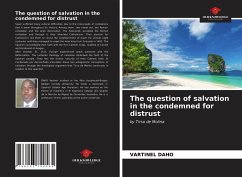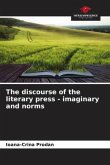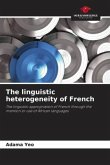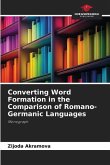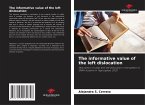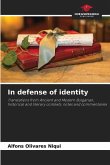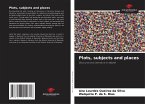Spain suffered many cultural difficulties due to the crossroads of civilizations that it knew throughout its history. Among them, two stand out: the Roman civilization and the Arab domination. The Spaniards accepted the Roman civilization and through it, they inherited Catholicism. Their passion for Catholicism led them to resist the establishment of Islam for almost eight centuries until they managed to expel the Arab king from Granada in 1492. The Spanish consolidated their faith with the first Catholic kings, Isabella of Castile and Ferdinand of Aragon. After October 31, 1517, Europe experienced great upheaval with the Reformation. The Lutheran theology of salvation disturbed the faith of the Spanish people. They lost the former security of their Catholic faith. El Condenado por desconfiado translates these two antagonistic conceptions of salvation through the theological argument that Tirso de Molina constructs in relation to this question.
Bitte wählen Sie Ihr Anliegen aus.
Rechnungen
Retourenschein anfordern
Bestellstatus
Storno

